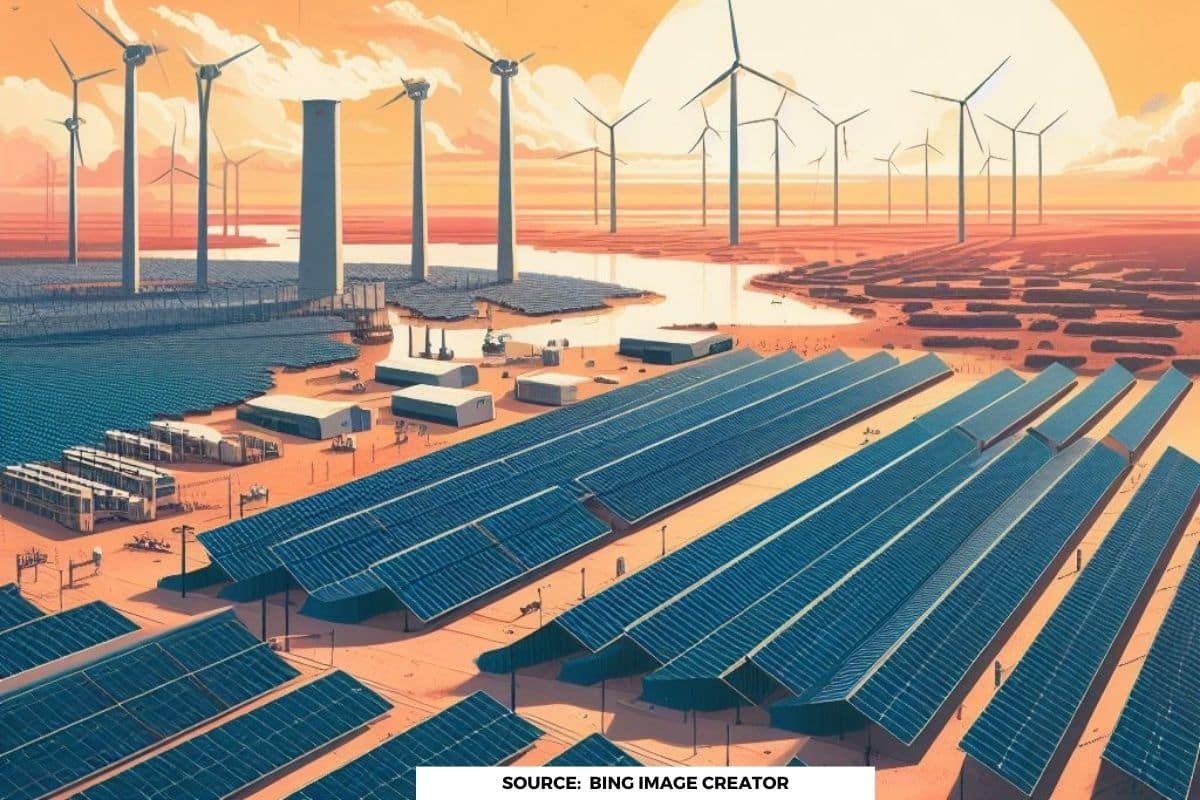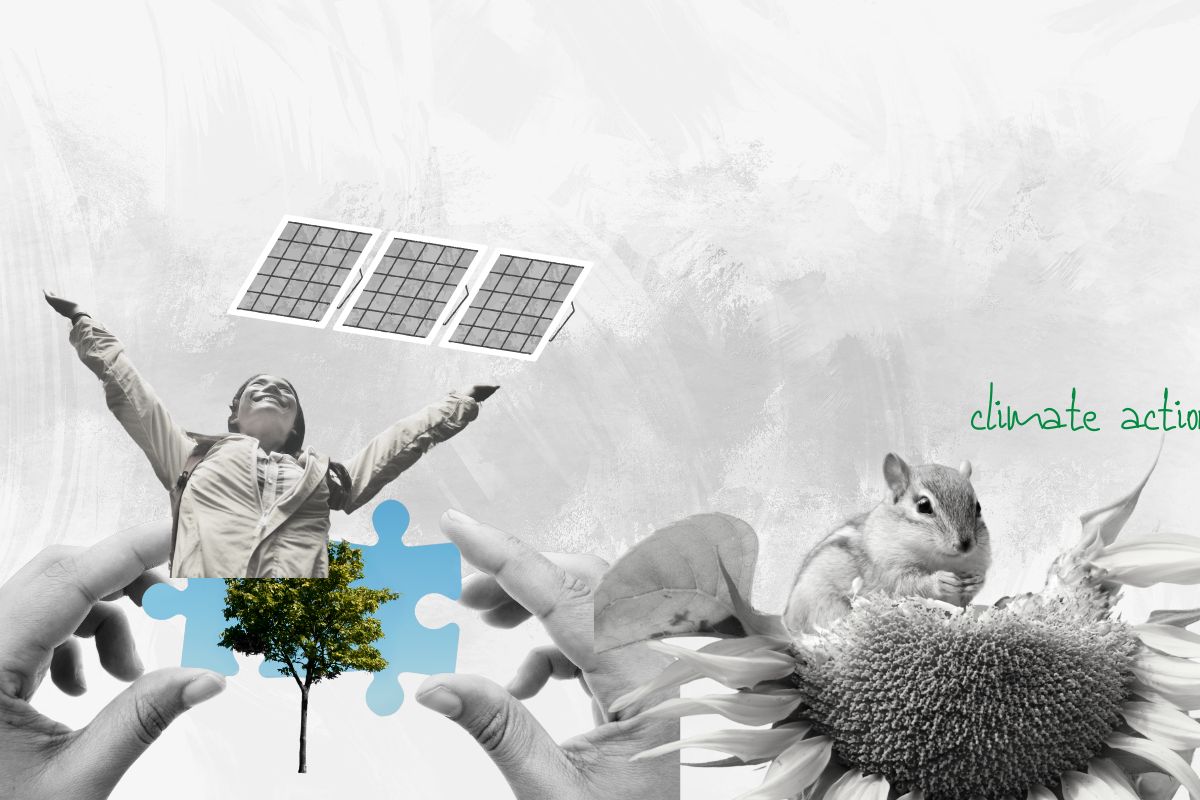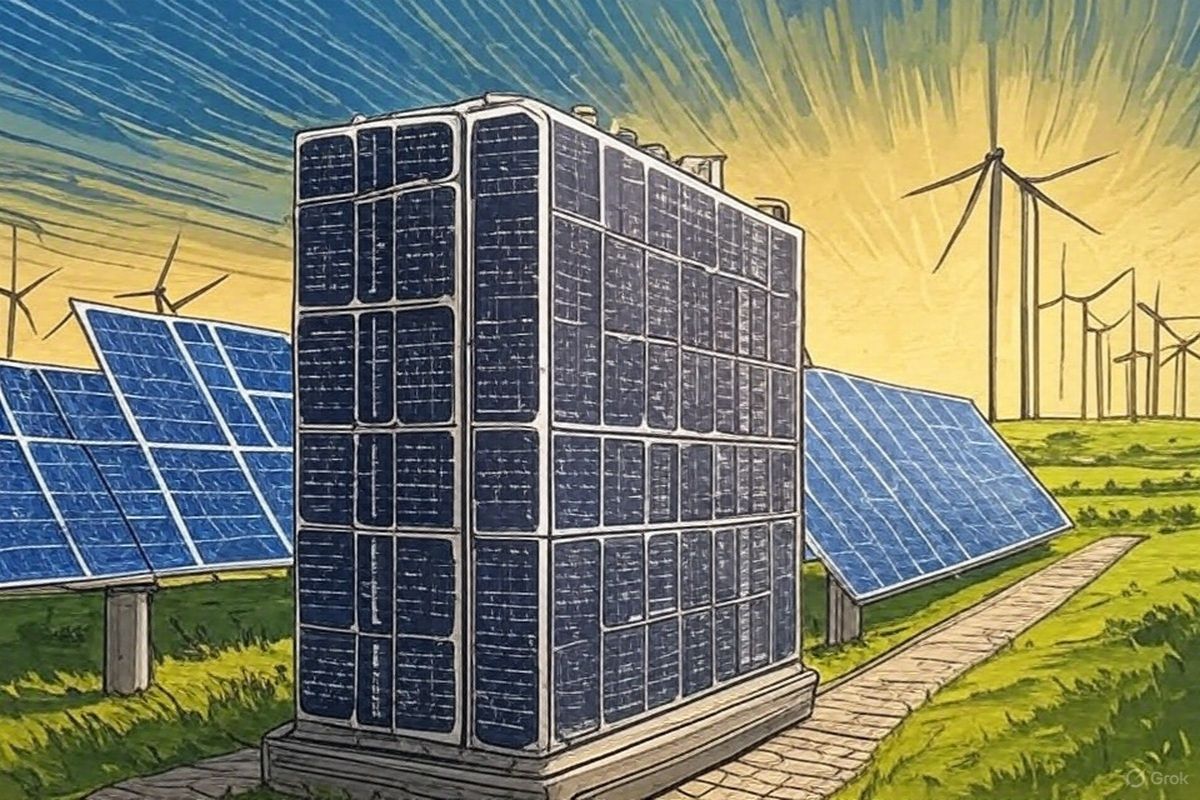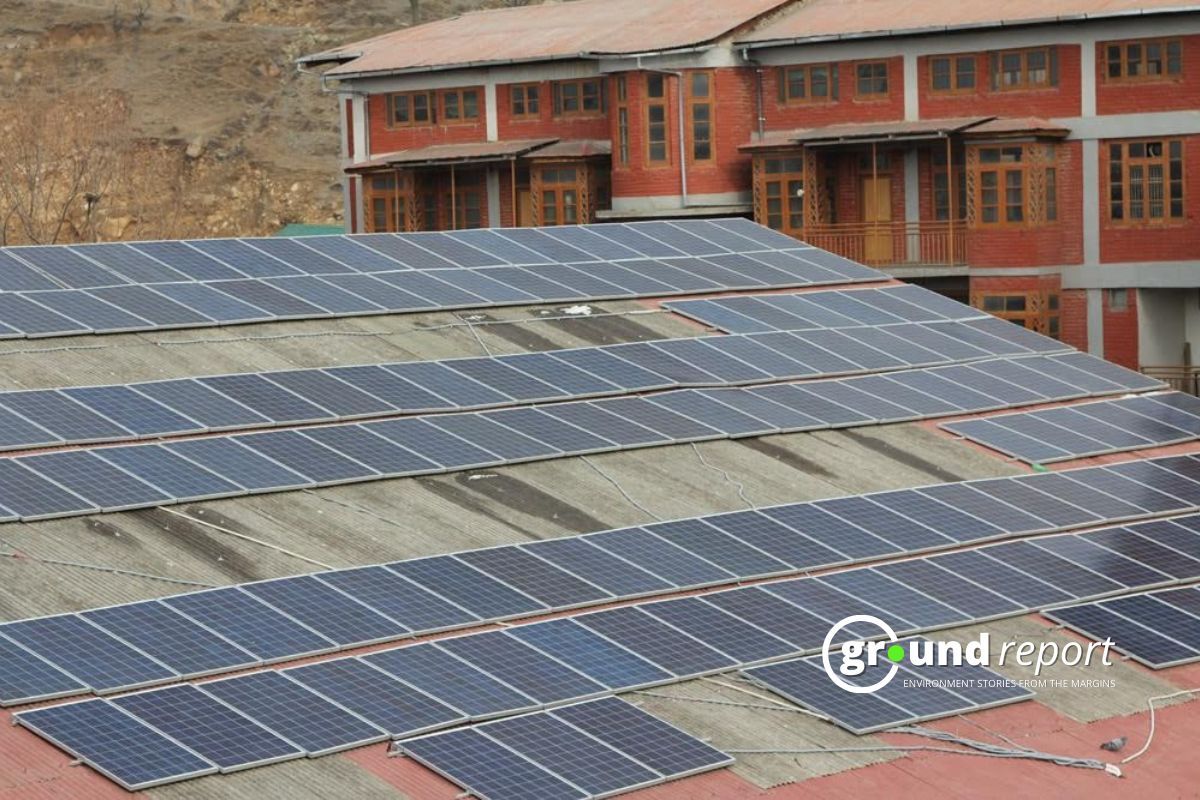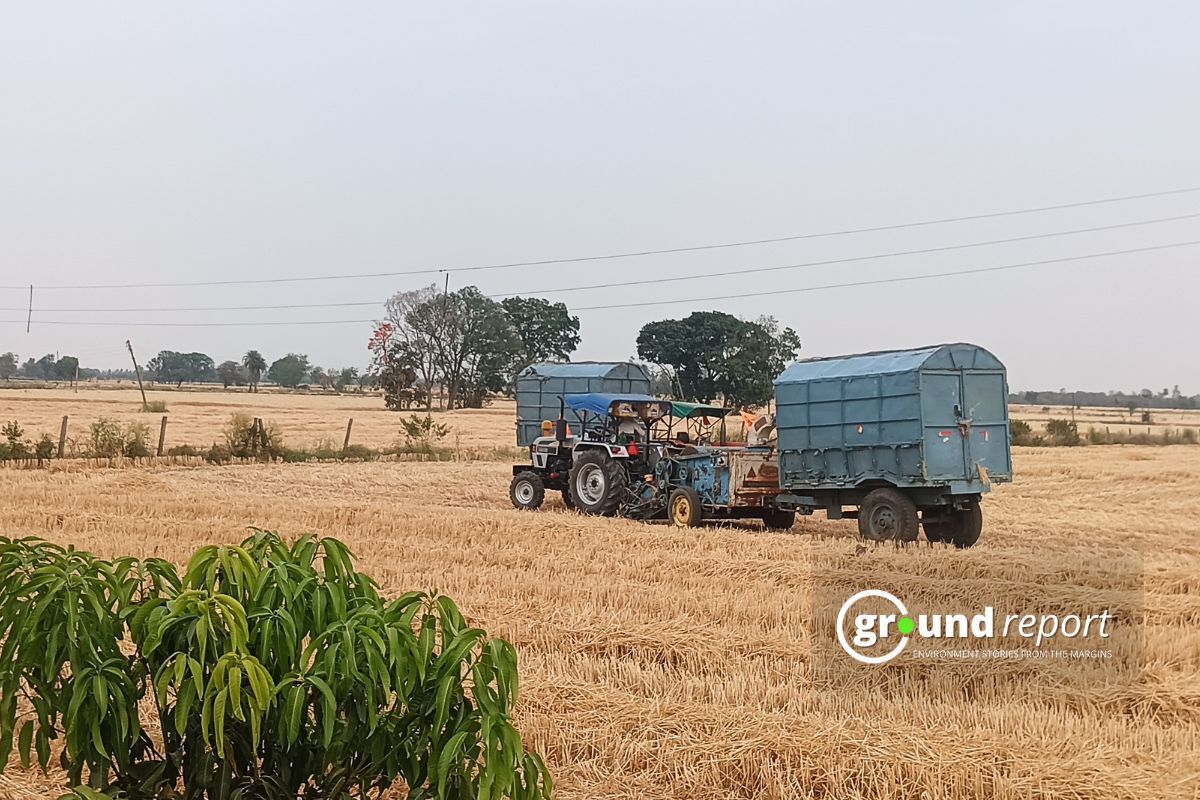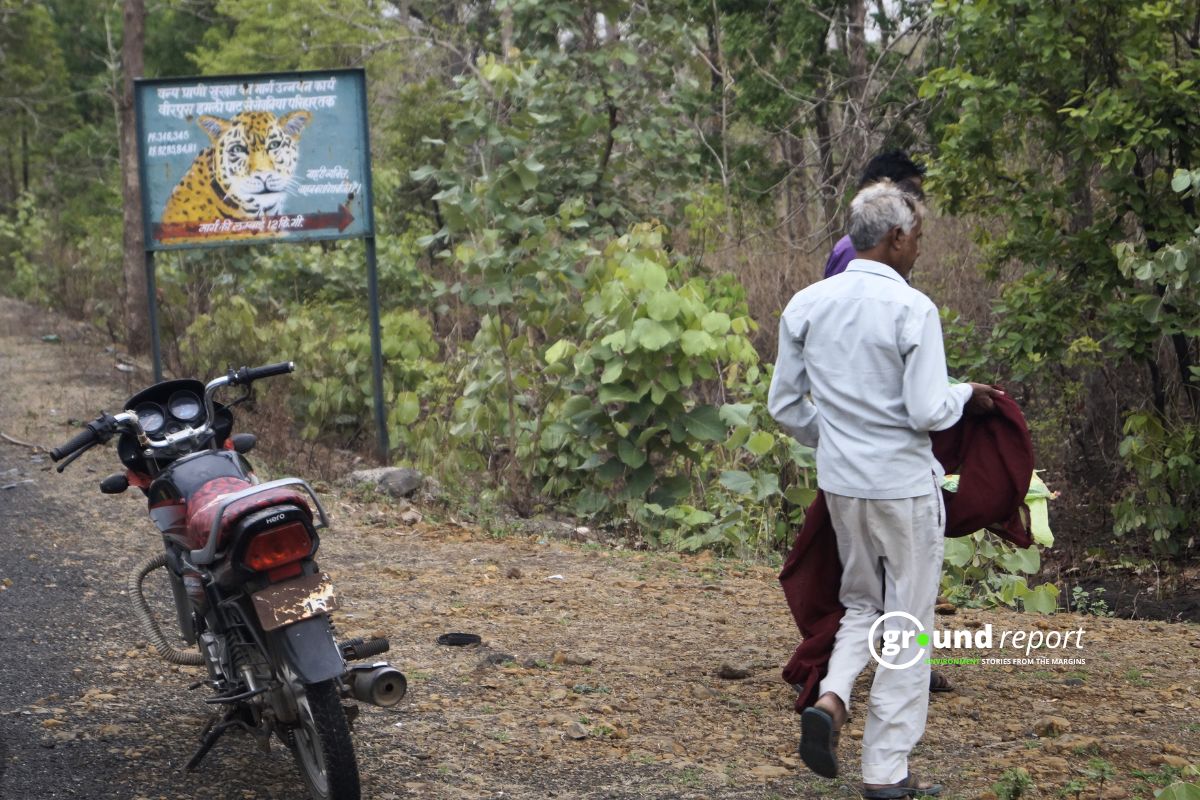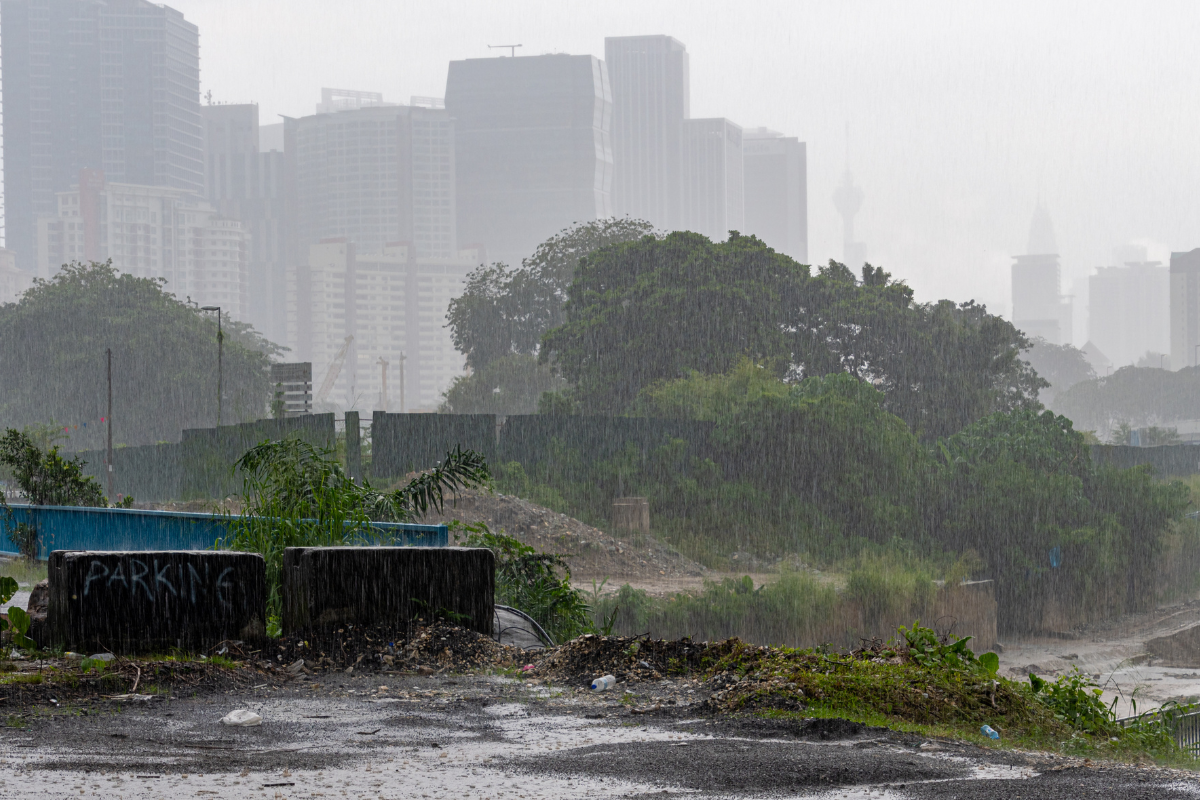A study released by the World Wildlife Fund (WWF) suggests that an energy system powered by renewable energy will be significantly better for people, wildlife, and the planet. The study, conducted in collaboration with the Boston Consulting Group (BCG), evaluated the overall impact of an energy transition through 30 key metrics in eight impact areas.
Renewable energy improves various resources
The study found that a renewable energy-powered system would positively impact various resources, including air and water quality, human health, biodiversity, and ecosystems. Out of the 30 impact metrics measured, 27 showed improved outcomes in a renewable energy scenario.
The most significant differences were observed in mining areas, air and water quality, loss of biodiversity, land lost and degraded due to climate impacts, risk of poverty, exposure to chronic water scarcity, changes in biome, heat stress, and flood risk.
The study also projected that a rapid transformation to renewable energy would create twice as many jobs, positively impacting the workforce. Additionally, reducing the frequency and intensity of climate-related disasters could save two trillion dollars a year in infrastructure damage.
However, the transition to renewable energy could place additional demands on water use, land footprints, and free-flowing rivers. The study outlines strategies to avoid or dramatically minimize these risks.
The demand for critical metals (lithium, nickel, graphite, neodymium, copper, cobalt, steel, silicon, silver, aluminum) would increase between two and 15 times. However, they would only represent five percent of total global metal production in 2050.
Less mining land and activity
By 2050, the rapid transition scenario would have 30% less total land area dedicated to mining (76,000 square kilometers instead of 115,000) and active mines (2,300 instead of 3,400) compared to maintaining the activity as now, mainly due to the decommissioning of coal.
The study argues that in a fossil fuel-driven future, the amount of land lost to flooding, desertification, and wildfires will be considerably larger than the footprint of renewable energy development.
In terms of air quality, the rapid transition scenario involves significantly less burning of fossil fuels, resulting in large improvements in air quality and human health.
Up to 90% less freshwater eutrophication (excess inorganic nutrients from human activity) is also projected, by reducing coal mining and direct wastewater discharges, and a reduction of up to 76% in risks for biodiversity.
With other metrics, the study maintains that the rapid transition can create up to 36 million jobs a year instead of 14 million with the economy as it has been until now, and costs in infrastructure and food supply would drop by up to 50%.
The risks of poverty, heat stress, and flooding would decrease by between 65 and 70%, and in general, the impacts related to climate change by up to 80%.
The report provides policymakers, administrators, and stakeholders with a “toolbox of solutions” to facilitate a transition that is rapid and careful, and establishes a framework to avoid and minimize the impacts of a rapid transition.
Support us to keep independent environmental journalism alive in India.
Keep Reading
What is Green Hydrogen? Could it change energy in South Asia?
Blue hydrogen is worst for climate: study
How Increasing space traffic threatens ozone layer?
Hydro Fuel Market: India’s current scenario and the future ahead
Natural Gas is a Misleading term, It is not Natural and clean at all
Follow Ground Report on X, Instagram and Facebook for environmental and underreported stories from the margins. Give us feedback on our email id greport2018@gmail.com.
Don’t forget to Subscribe to our weekly newsletter, Join our community on WhatsApp, and Follow our YouTube Channel for video stories.
